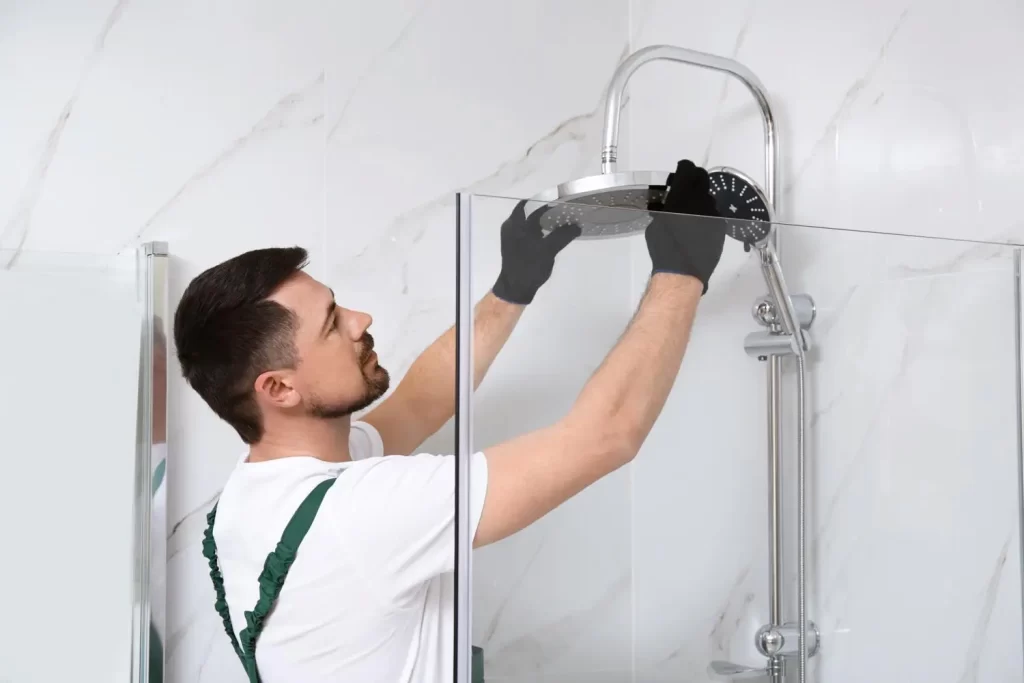When to Replace Your Shower Valve? Signs to Look Out for
 A reliable valve is key to ensuring your shower is both comfortable and trouble-free. This small but essential component controls both the temperature and pressure of your water, so when it starts to wear out, the effects can be more than just annoying – they can interrupt your daily routine and even cause long-term plumbing problems. So how do you know when it’s time to replace your shower valve? Here are a few key indicators that something might be wrong.
A reliable valve is key to ensuring your shower is both comfortable and trouble-free. This small but essential component controls both the temperature and pressure of your water, so when it starts to wear out, the effects can be more than just annoying – they can interrupt your daily routine and even cause long-term plumbing problems. So how do you know when it’s time to replace your shower valve? Here are a few key indicators that something might be wrong.
Difficulty Regulating the Temperature
One of the first signs that your shower valve may be about to fail is an uneven water temperature. Sudden changes in water temperature or difficulty setting a comfortable level often point to a faulty valve. Over time, the internal components wear out, making it harder for the valve to accurately regulate the mix of hot and cold water.
Low Water Pressure
If you’ve noticed a sudden drop in water pressure while using the shower, but not on other faucets, the cause could be a faulty shower valve. Sediment buildup or internal wear can block the flow of water through the valve, reducing pressure and making your shower less satisfying. This could also indicate other plumbing issues, so it’s worth investigating early.
Shower Head Leaking or Dripping
A leaky shower head, especially one that drips even when the water is turned off, can be more than just an annoyance. It could be a sign that your shower valve isn’t sealing properly. Worn rubber or plastic parts inside the valve can allow water to bypass the shutoff point, causing a constant drip that wastes water and increases your bill.
Weird Noises Behind the Wall
If you hear hissing, banging, or whistling sounds when you turn on your shower, the valve may be having trouble handling the flow of water or pressure changes. These noises often indicate wear and tear on the valve or problems balancing the internal pressure. Unusual noises shouldn’t be ignored, as they could cause more serious problems down the road.
Age of the Valve or Outdated Model
If your shower valve is very old or no longer manufactured, it could be wise to replace it—even if it still seems to be working fine. Older valves may not comply with current plumbing regulations or may be incompatible with newer fixtures, making future repairs more difficult or expensive.
When to Call a Professional
Replacing a shower valve isn’t always a simple DIY project: it often involves cutting into the wall, soldering pipes, or adjusting fittings to fit new valve designs. If you’re unsure what type of valve you have, or whether it’s causing your shower problems, it’s best to call a qualified plumber. They can accurately diagnose the problem and ensure the replacement is done safely and correctly.
Call Emergency Plumber in Portsmouth. After your call, we send immediately the right plumber to you. Furthermore, we are 24 hours available.